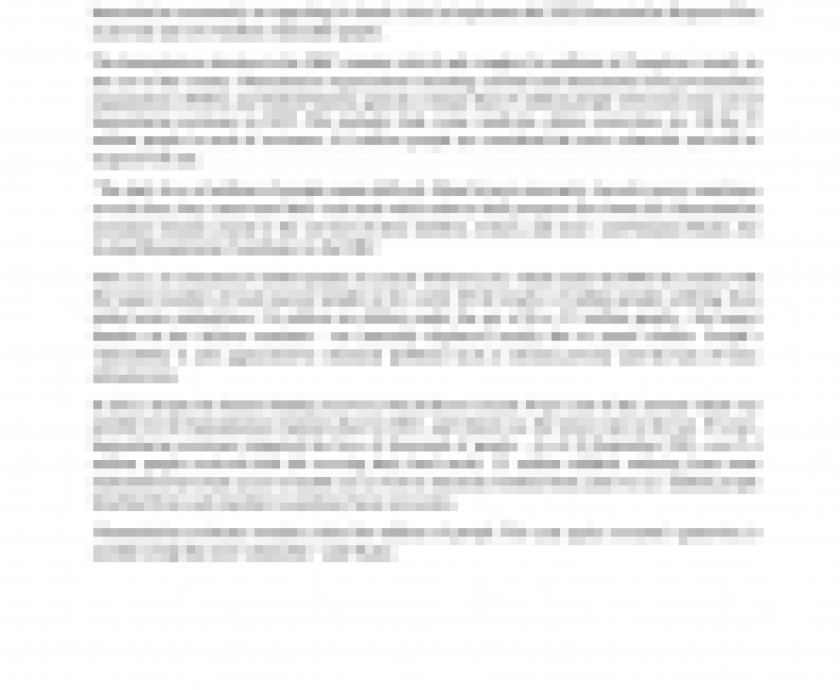Click to expand Image
Men in downtown Addis Ababa, Ethiopia, November 3, 2021.
© 2021 Eduardo Soteras/AFP via Getty Images
In February, plainclothes security officers detained Batte Urgessa, a spokesperson for the Oromo Liberation Front (OLF), an opposition political party, and French journalist Antoine Galindo, as they met for an interview in a hotel in Ethiopia’s capital, Addis Ababa.
More than twenty-four hours later, they were brought before the Addis Ababa City Administration Court. The court granted the police’s request to detain them until March 1 to pursue their investigation.
An international outcry led to Galindo’s release from a police station in Bole sub-city, Addis Ababa, where the two were apparently being held. He left Ethiopia on February 29.
Batte appeared in court on March 1, where the prosecutor said he was under investigation for links to the banned Oromo Liberation Army. He was returned to detention until March 6.
This is not Batte’s first stint in jail. He was wrongfully detained in March 2021 and held for a year. The authorities repeatedly moved him between detention facilities, denied him access to relatives and legal counsel, and was only released after developing serious health issues that reportedly persist to this day. Seven other OLF political leaders detained in the months preceding Batte’s 2021 detention remain behind bars, despite multiple court orders for their release.
The authorities have also recently arrested five other politicians, including Christian Tadele, a member of parliament and critic of the government’s actions in the Amhara region, and Dessalegn Chanie, another outspoken Amhara opposition lawmaker.
Galindo’s detention, the first lengthy detention of a foreign correspondent in four years, is happening in a context of an uptick in intimidation of journalists, which has received scant international attention.
In February, Ethiopia’s federal parliament extended the state of emergency in Amhara region, which had been in place since August and affords the government sweeping powers. The Committee to Protect Journalists reported that four of the eight journalists in detention as of early 2024 were detained under these emergency powers.
These latest arrests demonstrate that in Ethiopia today, no one is safe from arbitrary arrest and detention. Ethiopia’s long-time partners should condemn the spate of wrongful detentions and challenge the government’s growing intolerance of peaceful dissent.




